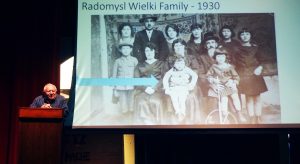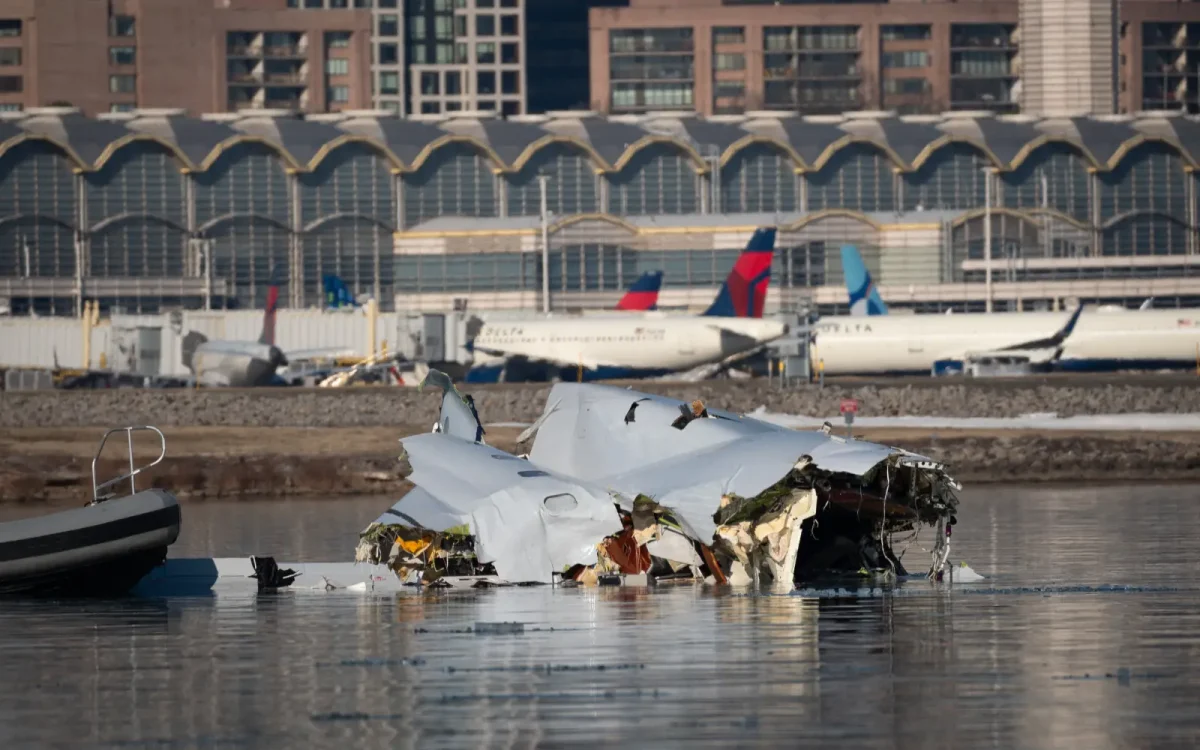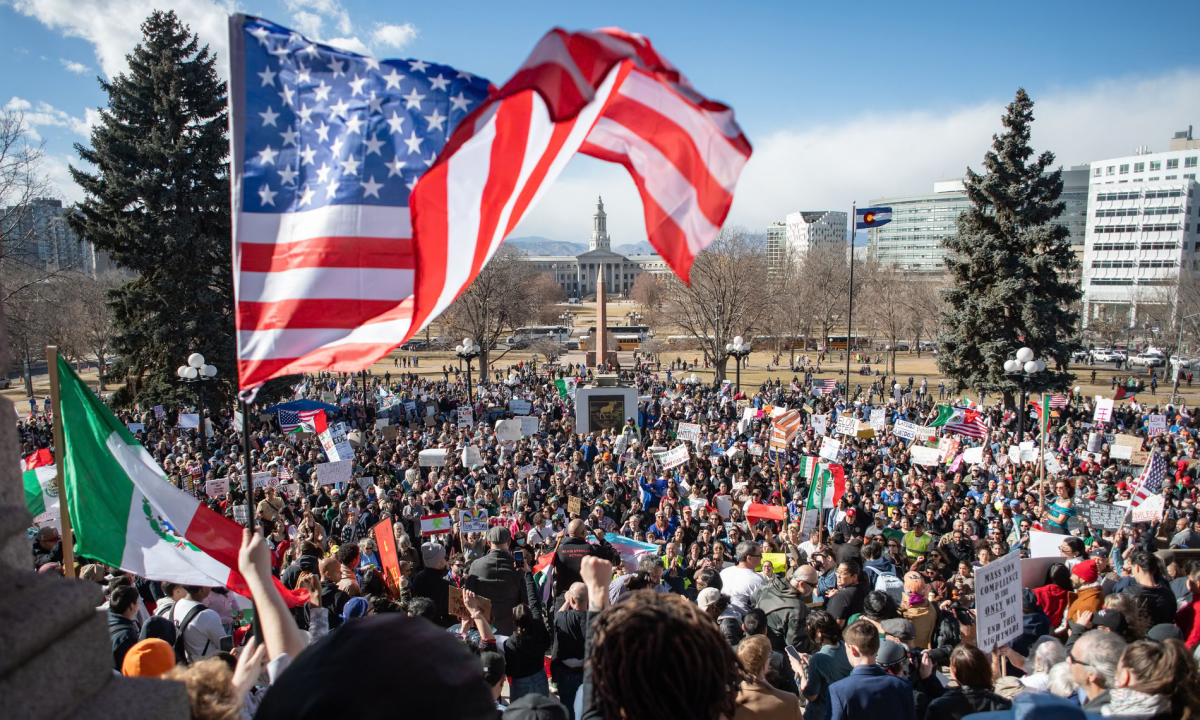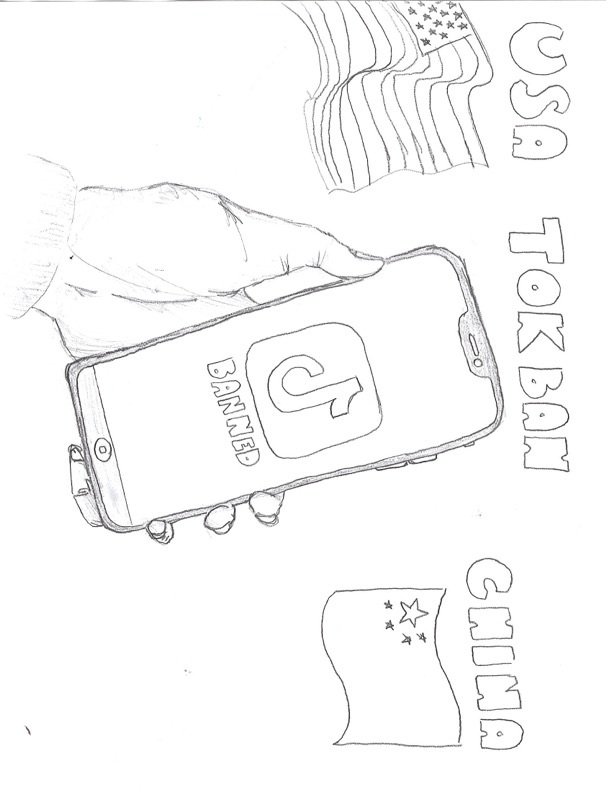
By: Karalee Kothe
Holocaust survivor, Nathan Taffel, said he would not be here today to tell the story of his childhood during the Holocaust had it not been for several occasions when his life was spared. On April 14, Taffel came to EHS and he said, “Til this day, I’ve been trying to figure out how much pain a person can endure if you have no choice.” When WII broke out, he was only a young boy in Poland. He was the youngest in his family and was “spoiled rotten.” Throughout the war, he came close to death many times, but each time luck and good people were on his side. For instance, before his family had to move to a ghetto, he was “riding my bike to see my brother, but he was with some men; they pulled out their guns to shoot me but my brother pleaded and they let me go.” Later on, he was separated from his parents and sister at a camp near Auschwitz, and he was supposed to go to the gas chambers, but the trains into the camp were backed up. Then, him and his brother were picked to go to another camp and repair German airplanes. Each camp he endured was full of hardship, with the bare minimums provided for human survival. His liberation finally came at age 17 when he was on a death march in rainy April. He was lined up with his fellow marchers in the woods to be shot, when the German soldiers suddenly left them alone in the forest. The Germans had gotten news that American soldiers were nearby and the war was coming to a close. He later found out that most of his family had been killed, and he “couldn’t comprehend anything else but hate.” At the end of the Holocaust, he decided to move to Australia and start over. In his new life, he discovered “I have no family, no language, nothing to look forward to, and life felt meaningless.” After awhile, one day “something came from heaven and said to me, after the clouds, there is sunshine, and I started looking at life differently.” After struggling through life for years, he finally came to the conclusion that hate destroys life, and now he “never hates, but I never forget or forgive them for what they did to my family.” He ended up moving to the United States where he met his wife and had three kids. Today, his message to the students of EHS is “the most important people in the world is family, because no matter what, they will be there for you. The second most important people are teachers, because without education, we have nothing.” Ethan Alcazar (18) was inspired by Taffel’s message. He said, “I feel like he is a inspiration for people who feel like their life is too hard or feel like giving up.” Similarly, Ali Dyer (17) said, “I liked how he talked about life is worth living and to never give up.” Although the Holocaust was 70 years ago, survivors like Nathan Taffel continue to pass on their powerful message to remind people what is important in life and to never forget the tragedy that occurred. His wife said, “President Eisenhower was very wise when he said, ‘Get it all on record now – get the films – get the witnesses,’ because 70 years from now, no one will believe this happened.”














